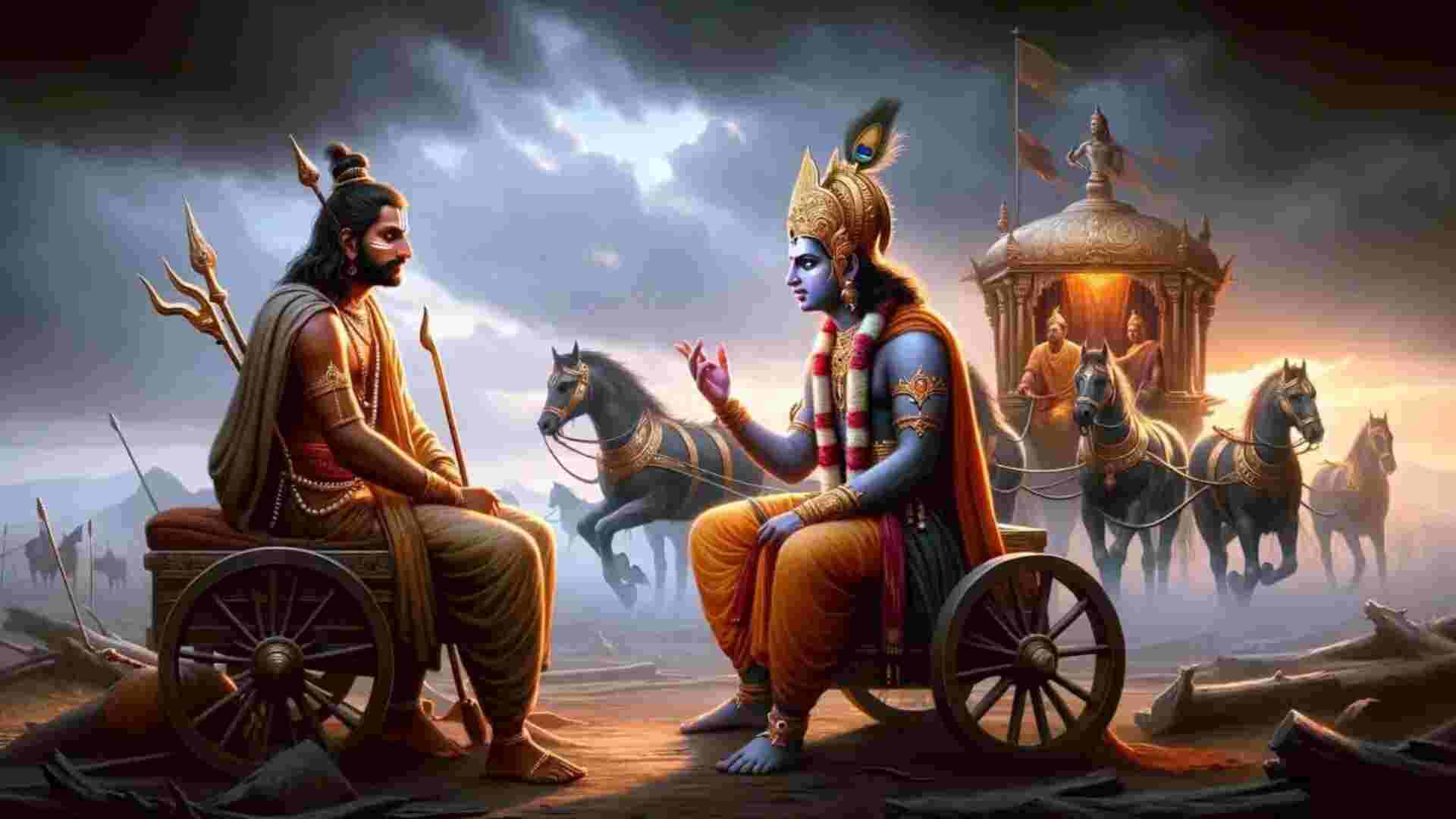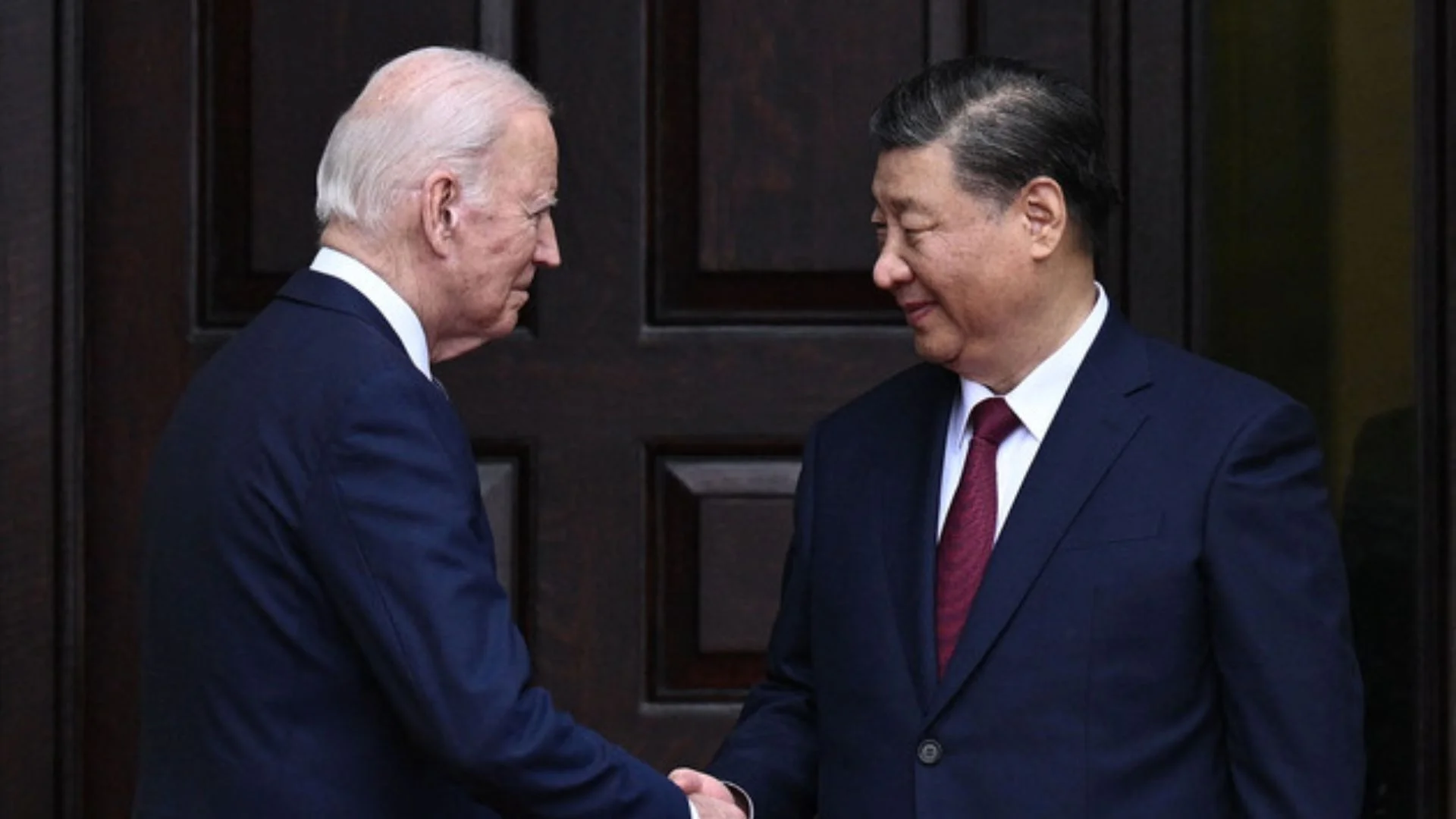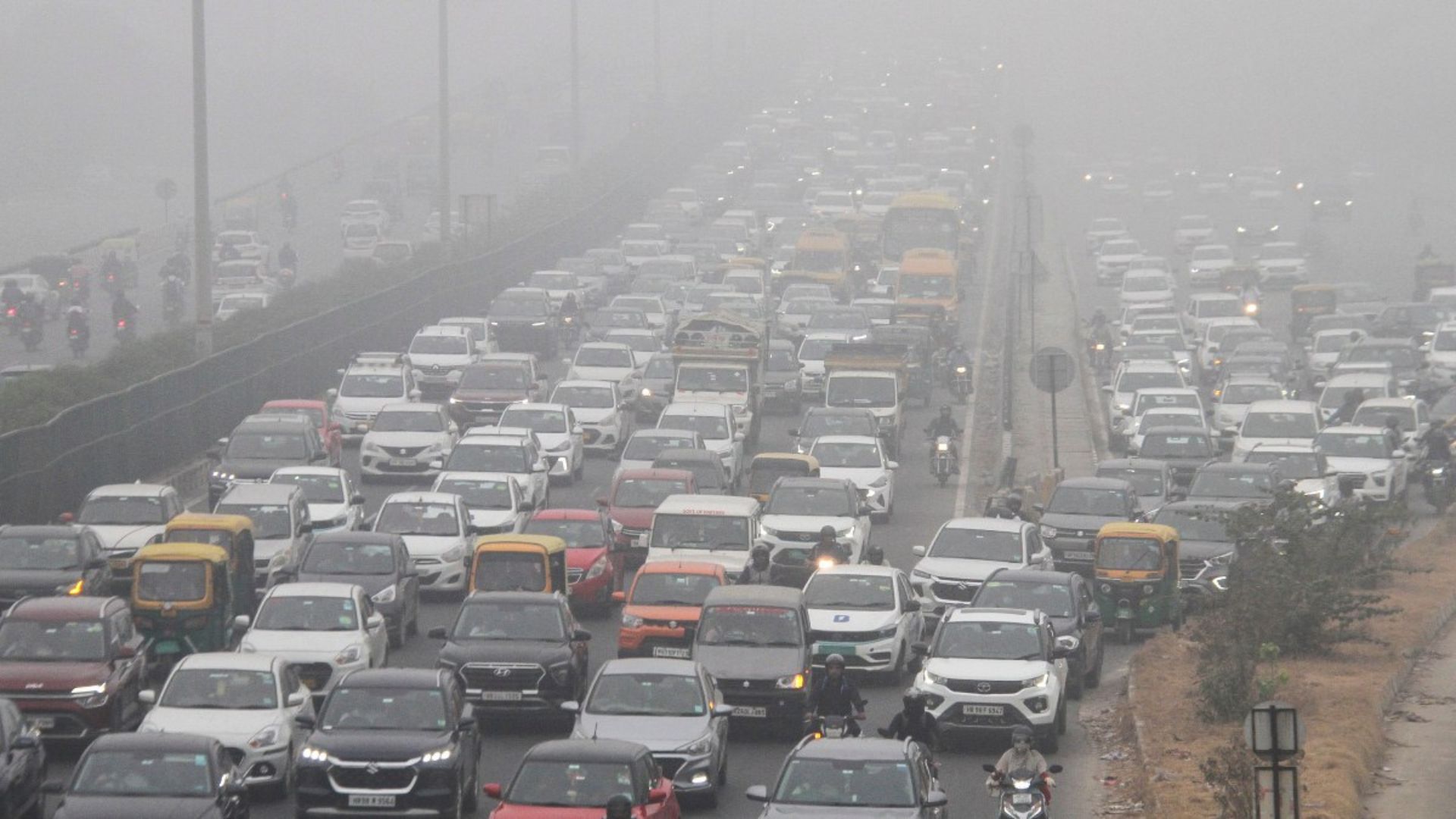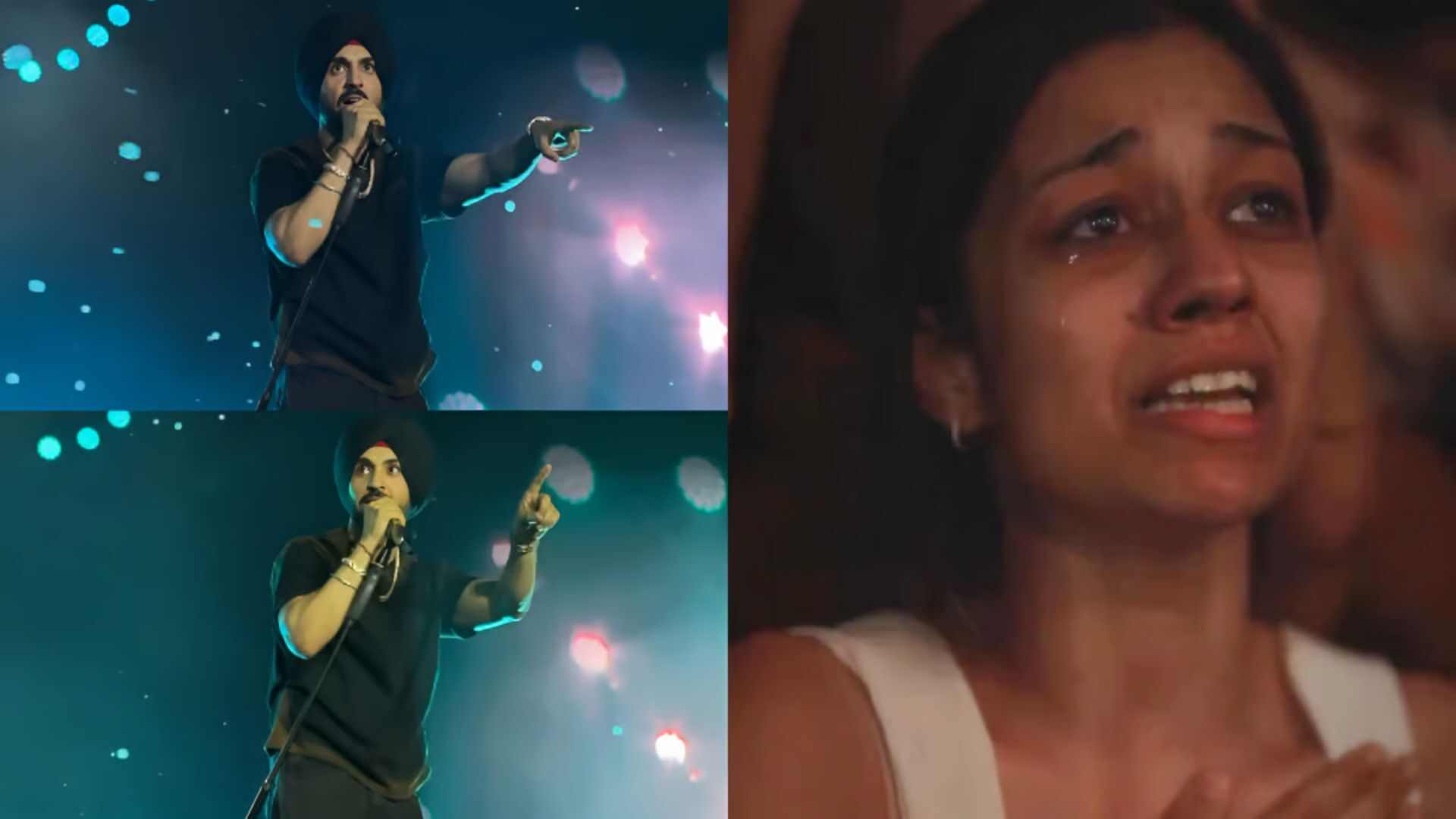
India is often described as a sub-continental country not just because of its geographical size or population alone, but it offers a massive heterogeneous mix of people from numerous faiths and religions governed by a set of personal laws from different origins. In short, India entails within it a healthy mocktail of faiths and religions governed on personal matters of marriage, customs, succession and adoption differently and for all other matters, the Constitution of India and other penal laws form the fulcrum of our legal ecosystem.
Recently, we are hearing a growing clamour around the harmonization of the personal laws from all faiths and religions through implementation of a Uniform Civil Code (UCC) (an important agenda of political manifesto of the ruling party since its inception). The idea is based on the philosophy of One Nation, One Rule for all.
However, we need to look at the dichotomy of the personal laws in India at the very beginning to understand the philosophy of complex terminology related to UCC. This dichotomy raises important issues like:
Pluralistic Society: India is a diverse country with multiple religions and cultural practices. The existence of religious personal laws acknowledges and accommodates this diversity, allowing different communities to follow their own customs and traditions.
Freedom of Religion: The Constitution guarantees the freedom of religion, allowing individuals to follow and practice their religious beliefs. Religious personal laws provide space for communities to exercise their religious freedom.
Lack of Uniformity : The existence of separate personal laws creates a lack of uniformity and consistency in legal principles and practices across different religious communities.
Gender Justice: One of the significant concerns related to religious personal laws is their impact on gender justice. Many argue that certain personal laws discriminate against women, denying them equal rights in divorce, maintenance, and inheritance issues.
Constitutional Validity: The constitutional validity of religious personal laws has been a subject of debate and scrutiny. While the Constitution allows communities to follow their own personal laws, it also ensures that these laws do not violate fundamental rights, including the right to equality and non-discrimination. Courts have been called upon to interpret and strike a balance between religious freedom and gender justice.
The dichotomy with religious personal laws has highlighted the need for legal reforms to address gender inequalities and promote gender justice. There have been calls for a Uniform Civil Code that would provide a common set of civil laws applicable to all citizens, irrespective of their religious affiliations. However, implementing such a code requires careful consideration, taking into account the sensitivities and diversity of the Indian society.
The issue of religious personal laws goes beyond legal considerations and has societal and political implications. It involves questions of identity, community dynamics, and political mobilization. If we look at the major judicial pronouncements of the last four decades, we understand the changing notions of personal laws when they come to the arena of legal implementation. These include but are not limited to:
Shah Bano Case (1985): The Supreme Court’s judgment in this case addressed the issue of maintenance for divorced Muslim women. The court held that Muslim women were entitled to maintenance under Section 125 of the Code of Criminal Procedure, irrespective of personal laws. This verdict generated much debate and highlighted the need for gender equality in personal laws.
Sarla Mudgal Case (1995): In this case, the Supreme Court held that a Hindu husband could not evade the provisions of the Hindu Marriage Act by converting to Islam. This judgment emphasized the importance of protecting women’s rights and preventing misuse of personal laws.
Shamim Ara Case (2002): The SC, in this case, laid down guidelines for proving the validity of talaq (divorce) under Muslim personal law.
John Vallamattom Case (2003): The SC held that Christian personal law did not prohibit divorce and recognized the right of Christian individuals to seek divorce under the Divorce Act, 1869.
Joseph Shine Case (2018): The Supreme Court declared the practice of adultery as a criminal offense under Section 497 of the Indian Penal Code unconstitutional.
Regarding UCC, the Indian judiciary has consistently expressed the importance of its implementation. However, it has also recognized the challenges and complexities involved in enacting a uniform civil code due to the diverse religious and cultural fabric of the country.
Any future steps towards implementing a Uniform Civil Code would require careful deliberation, consensus-building, and sensitivity to the concerns raised by various stakeholders. It is important to note that the steps towards implementation of a UCC should be done carefully. Any reforms must be inclusive, respectful of religious freedom, and address concerns raised by different communities.
Dr Deepankar Sharma is an Assistant Professor of Law (Senior Scale) at Manipal University Jaipur and an Honorary Fellow at Asian Institute of International Financial Laws at University of Hong Kong. Dr Vini Kewaliya is an Assistant Professor of Law (Senior Scale) and Assistant Controller of Examinations at Manipal University Jaipur.















